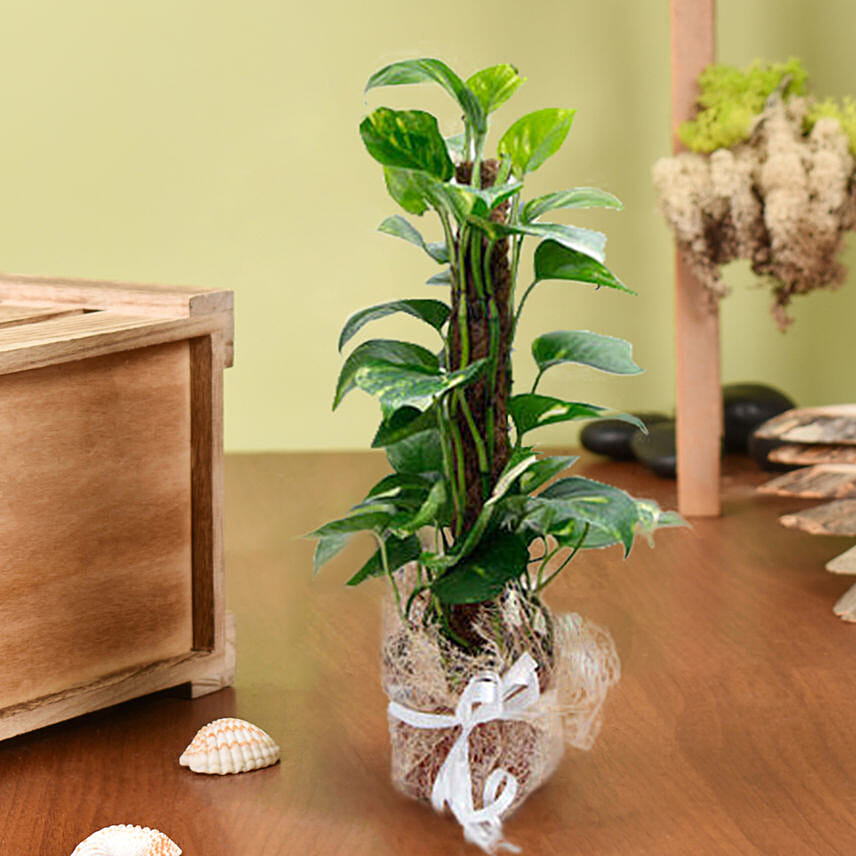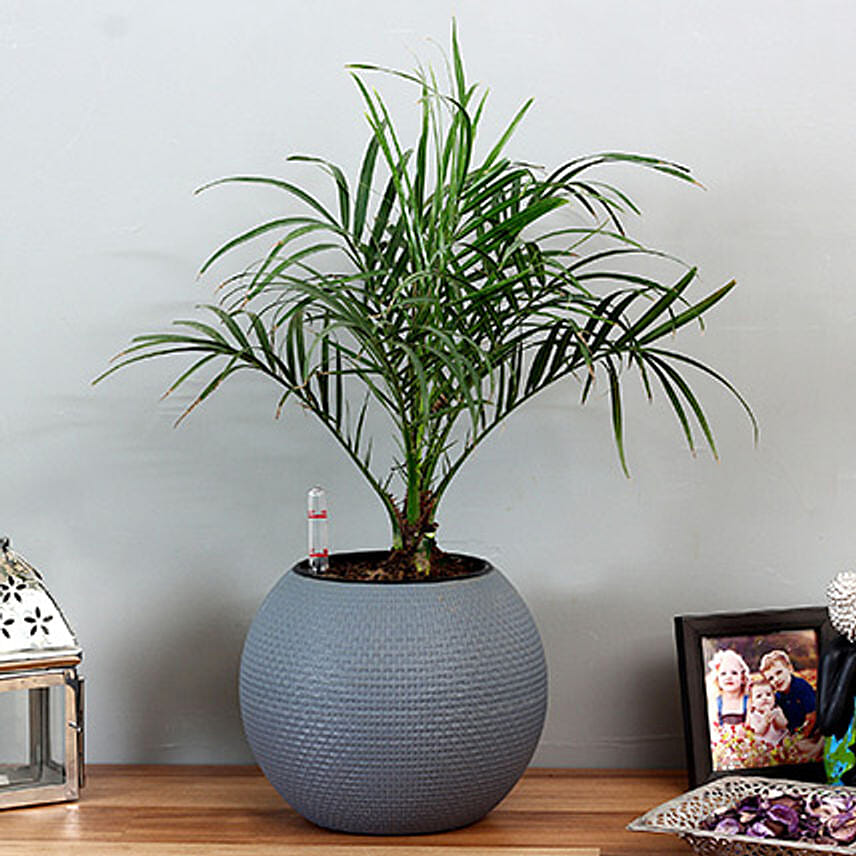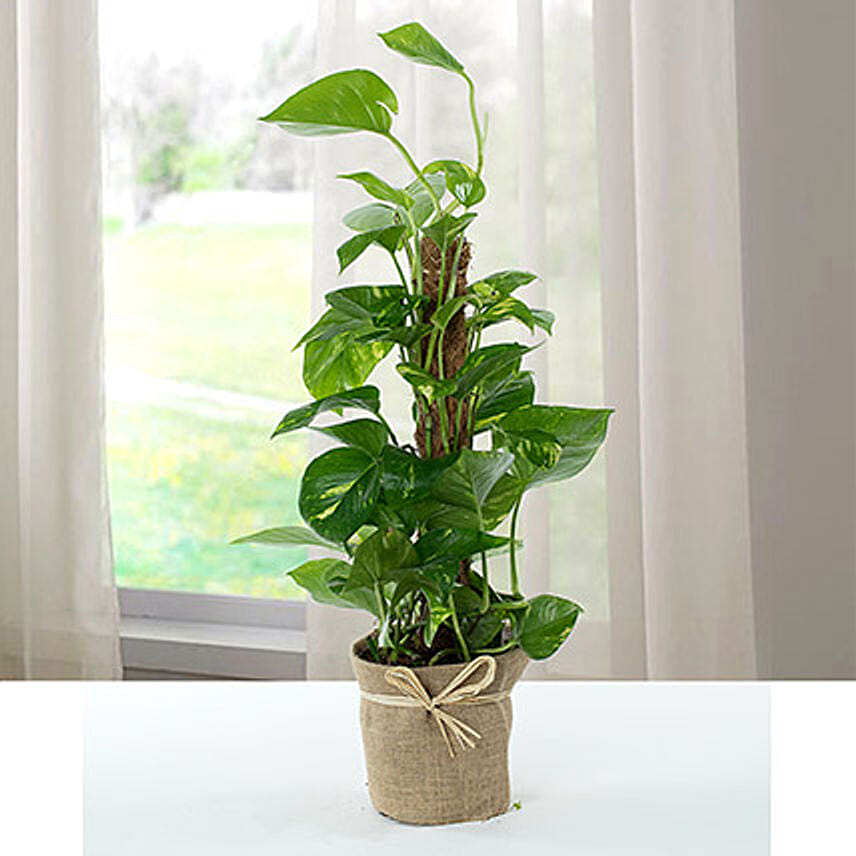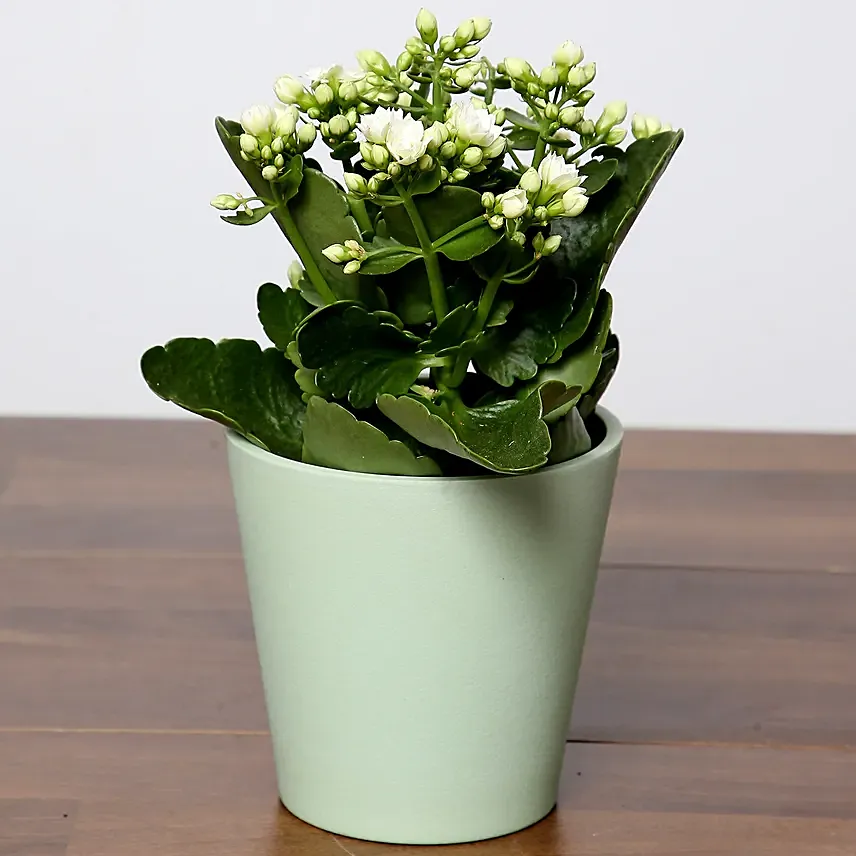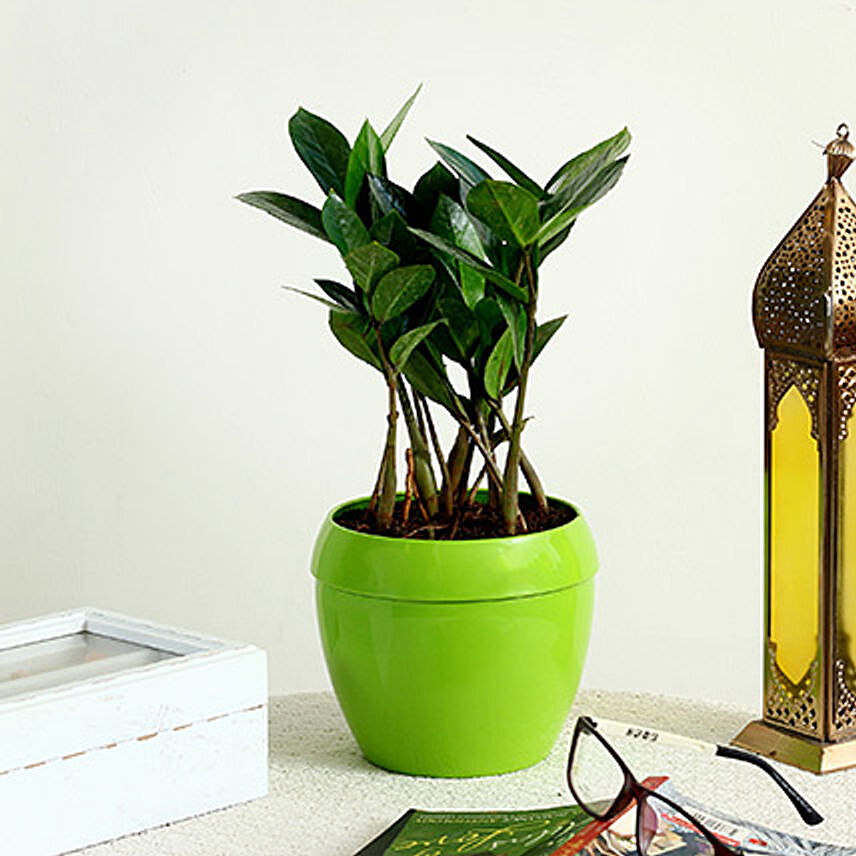Interesting things to know about Boston Fern Plant
- Author: Apeksha Rawat Published: 29th November, 2019
Boston fern, also known as the sword fern is a species of fern in the family Lomariopsidaceae. This perennial herbaceous plant, is a native to tropical regions in the world and consists of about 30 tropical varieties. Boston fern is a popular variety of ferns which, is used to decorate the balconies and houses. It is also a popular houseplant because of its ability to grow quickly.

| Scientific Name | Nephrolepis exaltata |
|---|---|
| Kingdom | Plantae |
| Other Names | Boston swordfern, wild Boston fern, Boston fern, Boston Blue Bell Fern, tuber ladder fern, or fishbone fern |
Read some quick & interesting facts about Boston fern:
- A great plant for beginners as it is easy to maintain
- Although, it is a tough plant with a higher tolerance for light & water conditions, Boston fern performs best in sunny exposure
- should be watered frequently during the growing season as it thrives in moisture prefers a cool environment with high humidity which, is why it is mostly found in forests and swamps
- grows best at 60 to 75 degrees F, however, it can also survive temperature as low as 50 degrees F for some time
- Has bright green fronds ranging from six inches to five feet long. They have an elliptical outline and are arranged alternately
- The yellow and wilted fronds of Boston fern are a sign of overwatering. If the plant’s roots are mostly black, then it is better to get rid of the plant
- There are more than 50 cultivars of the Boston fern, out of which one of the most popular varieties is the Florida Ruffle which, is a medium-sized fern with stiff fronds
- naturally grows on Sabal palmetto trees
- Not easily prone to pests or diseases. The only insect pests that can infect these ferns include scale and mealy bugs
- one of the top-rated plants that help to keep homes, off harmful toxins such as xylene, toluene, and formaldehyde. It also improves the humidity level by helping to restore moisture to the air naturally
- NASA recognizes the Boston fern for its cleaning qualities, as it can remove cigarette smoke and formaldehyde from the air
- It is also known to offer health benefits to those who suffer from dry skin or dry nose or throat
- non-toxic to cats and dogs according to the American Society for the Prevention of Cruelty to Animals.




